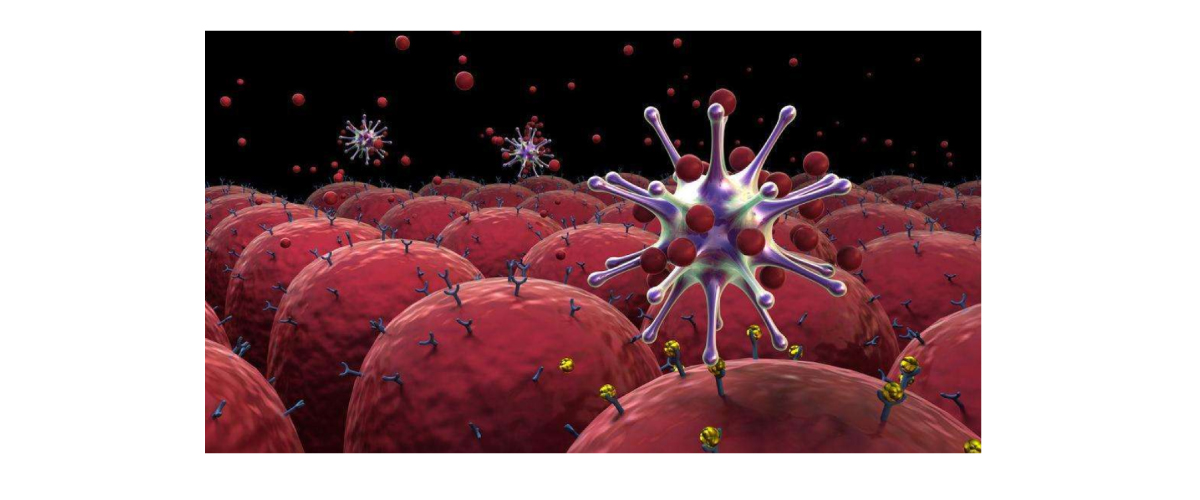Microbiology
Microbiology is the study of microscopic organisms, those being unicellular (single cell), multicellular (cell colony), or acellular (lacking cells). Microbiology encompasses numerous sub-disciplines including virology, mycology, parasitology, and bacteriology.
Cellular microbiology attempts to use pathogenic microbes as tools for cell-biology research, and to employ cell-biology methods to understand the pathogenicity of microbes. Toxins and virulence factors from microbes have been used for decades to influence processes in eukaryotic cells and to study them. It has increasingly appeared that applying a purified toxin on a cell does not always provide the complete picture, and that understanding the role of the toxin in pathogenicity, the way the toxin promotes the microbe, the way the toxin is produced and the co-evolution of the toxin and its host-cell counterparts, is crucial.







